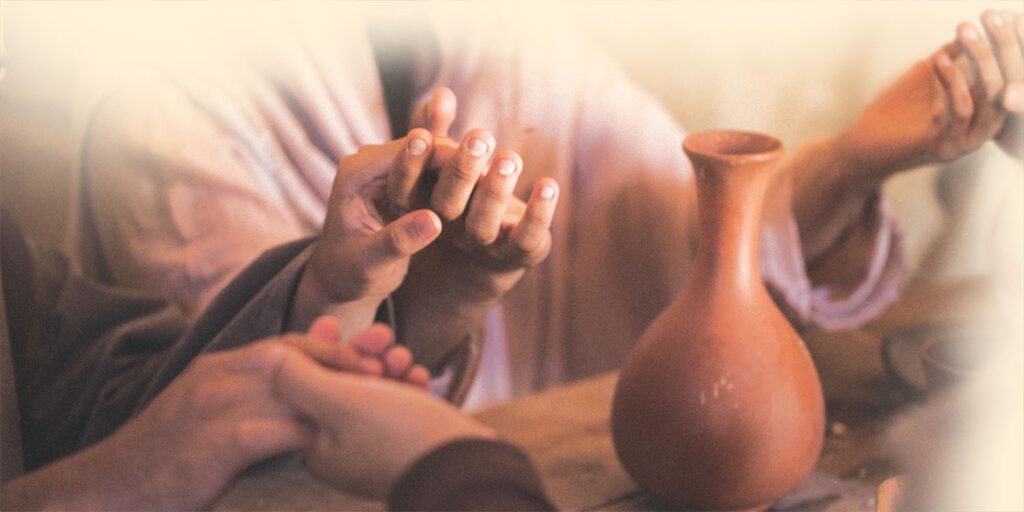God Longs for Us to Listen to Our Lives
God Longs for Us to Listen to Our Lives Taken from a Red Rock News Article Rev. Dona Johnson | June 30, 2024 We live in a world of ubiquitous information—the information age and now AI. Our schedules are overbooked with more and more responsibilities and activities. We cannot detach ourselves long enough from the dopamine rush that comes from scrolling our devices to listen to what is really going on deep in our souls. In Luke 5:16; Mark 1:35, 6:31 Jesus slips away to a quiet place to pray. He did this many times in his life to escape from the crowds, the daunting list of needs and the noise of the world. Sometimes, he chose solitude over people. In that quiet space Jesus rested. He caught his breath. He let go and released himself to his Father. Letting go, resting and releasing ourselves to the Father, Son and Holy Spirit are what our souls truly long for the most. In prayer, Jesus placed his entire life—his thoughts, his relationships and feelings before God and found comfort and guidance. In prayer, he listened for the deep recesses of his soul to speak. And so it is with us, our task as human beings is to pay attention, to stop, look and listen for what God is doing. Many people today, including a great many Christians, are afraid of silence. They fear silence, losing control and finding out something about themselves that they would rather suppress or not deal with. So we devote enormous amounts of energy and time creating noise and distractions to numb the troubling thoughts and voices that rob us of our peace of mind. Maybe the real issue is that we are under-resourced with opportunities to truly listen to our lives, to listen deeply to our longings, our joys, our conflicts and our losses. Augustine said in his Confessions, “I am scattered.” Do you ever feel scattered? Do you find your heart is sometimes divided, plagued with too many opinions, too many critical voices and self-doubts competing and overshadowing God’s voice that speaks from your heart. Our culture has been schooled in consumption, pseudo connections, and insecure attachments. One way to find rest from these pseudo connections is to truly stop and listen to your life. Create an intentional space, a listening space where all the internal chatter is muted. Stop. Listen. Look for signs of life—they are all around you. In the presence of God lay out your life. Welcome everything that comes to mind and resist nothing. As soon as we accept how we really feel, who we really are, then and lonely then can we begin to live and n the world not out of a false sense of self but our true self. Welcome feelings of shame and guilt, joy and grief, anger and complaint. Welcome those triggers and don’t be afraid to explore were they come from. God wants you to live a life of freedom. Fredrick Buechner writes, “If I were called upon to state in a few words the essence of everything I was trying to say both as a novelist and as a preacher, it would be something like this: Listen to your life. See it for the fathomless mystery that it is. In the boredom and pain of it no less than in the excitement and gladness: touch, taste, smell your way to the holy and hidden heart of it because in the last analysis all moments are key moments, and life itself is grace.” God longs for us to listen to our lives. To be attentive to the unforced rhythms of God’s grace. In the resting, in the releasing, the Holy Spirit gently speaks to our hearts and we will come away refreshed—fully known and fully loved by God. And you will come to know yourself maybe for the first time or in a new and better way. Listen to your life, let your life speak to you—all of it. For your soul so longs to be heard.
God Longs for Us to Listen to Our Lives Read More »


